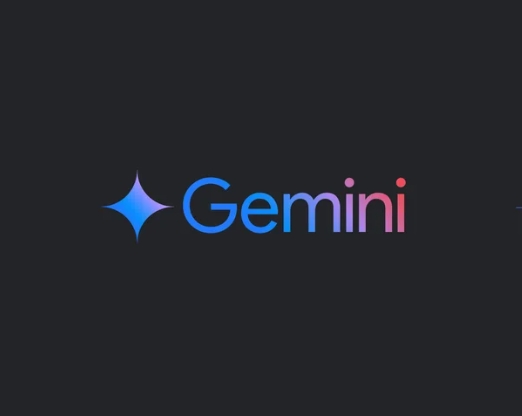The competition among tech giants in the field of AI is becoming increasingly intense, and a recent revelation has once again brought the undercurrents of industry rivalry to the forefront. According to internal communications obtained by TechCrunch, contractors responsible for improving Google's Gemini AI model were found to be comparing its answers with outputs from Anthropic's competing model, Claude. This has raised questions about whether Google has obtained authorization from Anthropic to use Claude for testing, and the compliance of such actions.
In the current landscape where tech companies are racing to develop superior AI models, performance is typically assessed through industry benchmark tests rather than having contractors spend considerable effort evaluating competitors' AI responses. However, reports indicate that Gemini's contractors are required to score each response they see based on several criteria, including accuracy and verbosity. Contractors have up to 30 minutes to determine which answer is better, Gemini's or Claude's.

Internal chat logs reveal that contractors noted Claude's responses seem to emphasize safety more than Gemini's. One contractor stated, “Among all AI models, Claude has the strictest safety settings.” In some cases, Claude will not respond to prompts it deems unsafe, such as playing the role of different AI assistants. In another test, Claude avoided answering a certain prompt, while Gemini's response was flagged as a “serious safety violation” for containing “nudity and bondage.”
Anthropic's commercial service terms explicitly prohibit clients from accessing Claude “to build competitive products or services” or “to train competing AI models” without approval. Notably, Google is a major investor in Anthropic, which further intensifies the scrutiny over the compliance of Google's actions.
In response, a spokesperson for Google DeepMind (responsible for Gemini), McNamara, stated that DeepMind does indeed “compare model outputs” for evaluation purposes, but they did not train Gemini on the Anthropic model. “Of course, as is customary in the industry, we do compare model outputs as part of the evaluation process in certain cases,” McNamara said, “However, any claims that we trained Gemini using the Anthropic model are inaccurate.”
Although Google denies using Claude to train Gemini, its statement about “comparing model outputs” remains ambiguous and does not fully alleviate external concerns. This incident has once again sparked attention on the use of data and compliance in the development of AI models. In the fiercely competitive AI sector, maintaining fair competition and respecting intellectual property will become critical topics that require ongoing attention and discussion as the industry evolves.










